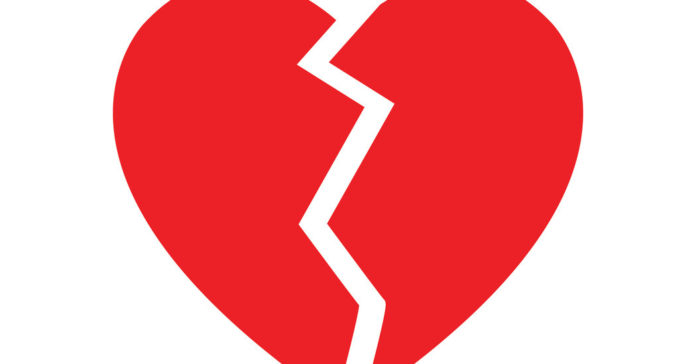Why it infiltrated my heart, causing something called myocarditis, no one knows, but it kills more than 300,000 people globally each year. “How can a common virus disable a perfectly healthy heart?” I asked my cardiologist, Dr. Fernando Mendoza. “I’ve had patients in their 20s die of this,” he said. They collapse and never get up.
I’m back at home, trying to return to normal life, but nothing feels normal when your heart can’t do its job anymore. One hundred percent of the time, my pacemaker is telling my heart when to beat. Turns out my case is unusual, since the pacemaker has to do all the work under all scenarios, so the technicians and I have been tinkering with its settings.
For 60 years, my own heart did this. Every second of every day, your heart figures out that you are resting, so it drops, all by itself, to about 70 beats per minute. Then, if you walk, it goes up, to maybe 90. Then, if you climb a mountain, it rises to 135 or whatever. It goes up at an even pace and comes back down at the right pace, slowing down, speeding up, always making sure your body gets enough blood and oxygen. It does all that smoothly and naturally, without your even knowing, without asking your advice.
Now I sit in a room, and a technician takes a special laptop, types in some numbers, and tells my heart what to do. Sometimes my pulse races up to 130 beats per minute if I just stand up and walk to the kitchen. That’s bad. So we adjust it. Sometimes it barely budges when I try to exercise. That’s bad, too. So we adjust it again. Then we have to figure out how long we want my heart rate to stay up after I exert myself. One minute? Two minutes? Who knows? I never noticed when my real heart did all the work.
Sometimes, just for kicks, they turn my pulse down to 30 beats per minute, to see if my own heart starts up. It never does. So they have to quickly set it higher or someone would have to rush in again with those paddles.
Each time that happens, I’m disappointed. Not that it really matters. At least I’m getting my money’s worth from the pacemaker. During this last adjustment, we tried four different settings. Each time I would walk down the hall and up two flights of stairs, then return so we could see what happened on the laptop.
After that bout, I came home physically and emotionally worn out, as if I had run that marathon that the E.R. doc asked me about. More than 10 months after contracting that virus, my heart is still inflamed, enlarged and damaged from the virus, and there’s too much pressure in the artery that feeds blood from my heart to my lung. My cardiologists say my case is baffling since myocarditis doesn’t usually disable the electrical system or harm the right side of the heart rather than the left.
Source : Nytimes











